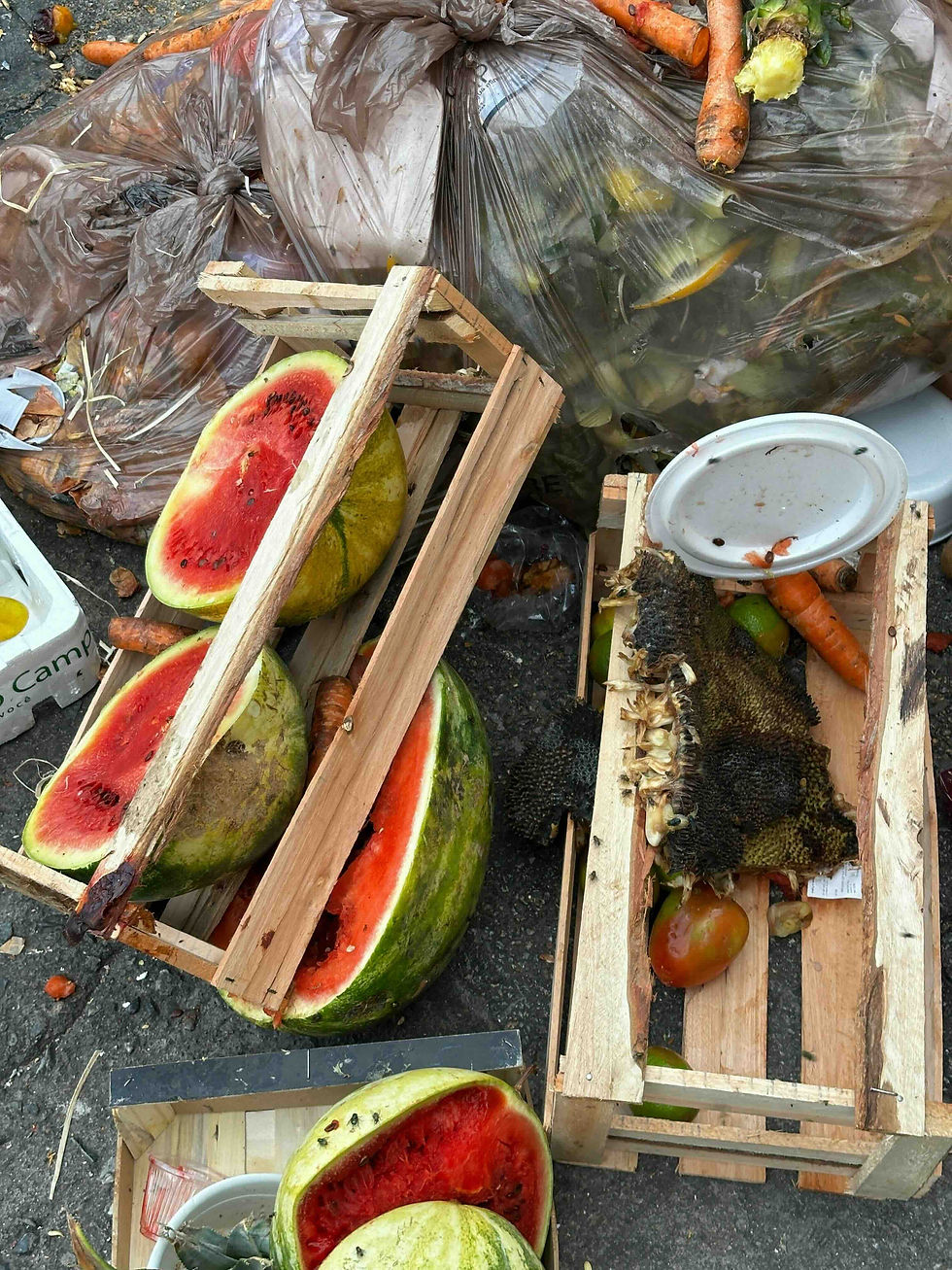Here’s How to Start Your Zero-Waste Kitchen
by Sara Al Farsi
30 Sep 2025

Every week, households across the UAE stock up on fresh fruits, vegetables, dairy, and other perishables with the best intentions. Yet all too often, these foods are forgotten in the back of the fridge or spoil before they can be eaten. The outcome? Nutritional loss for families, financial loss for households, and avoidable food waste with a wider environmental cost.
As the UAE works towards its national goal of halving food waste by 2030 under the UN’s Sustainable Development Goal 12.3, residents have a vital role to play. The good news: change doesn’t have to be complicated. It begins with simple, mindful habits in how we buy, store, and consume the food we bring home.
Plan What You Will Eat
Reducing waste starts before the groceries even leave the store. Taking a few minutes each week to plan meals and buy only what you’ll actually use can make a big difference. Thoughtful portion planning ensures ingredients are eaten at their freshest, reduces overbuying, and prevents items from being forgotten until it’s too late. This simple habit saves money, reduces waste, and fosters a more mindful approach in the kitchen.
Storage Tips that Extend Shelf Life
Small changes in storage can significantly extend freshness:
Fruits & vegetables: Keep ethylene-producing fruits such as bananas, apples, and avocados away from sensitive items like leafy greens. Store greens in a sealed container with a paper towel to absorb moisture.
Dairy & eggs: Keep these on the middle shelves of the fridge where the temperature is stable, rather than in the fluctuating environment of the door.
Bread: Store at room temperature in a cool, dry place for a few days, then freeze what you won’t use immediately. Slices can go straight from freezer to toaster.
Herbs: Treat fresh herbs like flowers, trim stems and store upright in a jar with water, loosely covered with a plastic bag.
Leftovers: Cool cooked food within two hours, store in airtight containers, and label with the date.
These small adjustments can make a big difference in keeping food fresher and reducing unnecessary waste.
Shop Smart, Store Smarter
Avoiding waste begins outside the kitchen as well:
Plan meals and portions: Make a list before shopping and stick to it. Buying in bulk only works if you can realistically use it before it spoils.
First in, first out: Rotate your fridge and pantry so older items are placed at the front and used first.
Right-size your fridge: Avoid overcrowding shelves. Proper airflow is essential for keeping food at a safe, consistent temperature.

A Culture of Mindfulness
ne’ma—the National Food Loss and Waste Initiative—is the UAE’s response to a call from His Highness Sheikh Mohamed bin Zayed Al Nahyan to reduce food waste, embrace social responsibility, and promote sustainable practices across the food supply chain. Bringing together government, private sector, and community stakeholders, ne’ma aims to cut food loss and waste by 50% by 2030, in line with SDG 12.3, and contribute to the UAE Food Security Strategy 2051.
Every household can play its part. Simple actions—storing food properly, finishing leftovers, and planning meals can collectively help the UAE achieve its vision of a nation where no food is wasted. Food is more than nourishment; it is a valuable resource that connects households to the country’s sustainability journey.
For more tips and information, visit nema.ae.

